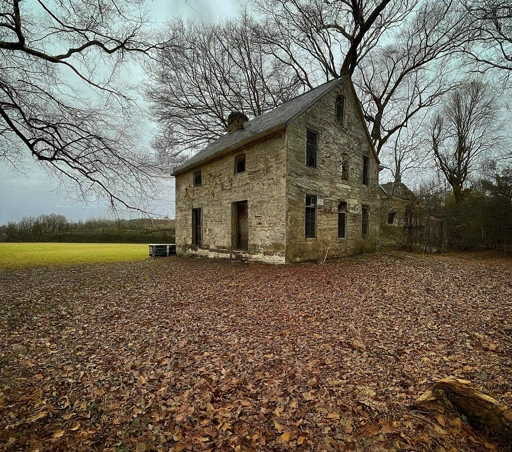Goldoller finds unique investment opportunities in markets and product classes often passed…


Goldoller finds unique investment opportunities in markets and product classes often passed…

Landlocked property can be a curious concept for property owners and potential…

In the realm of real estate, the term “zombie mortgage” has gained…

Real estate investment offers a plethora of opportunities for wealth accumulation and…

Understanding the extensive expanse of the Utah real estate market’s dynamic distinctions…

Would you be too embarrassed to start on the real estate ladder…

Luxury Real Estate Investments: A Deep Dive into Profitability in the United…

NOI stands for Net Operating Income in Real Estate. It’s a key…

The real estate and land use industry will continue to be influenced…